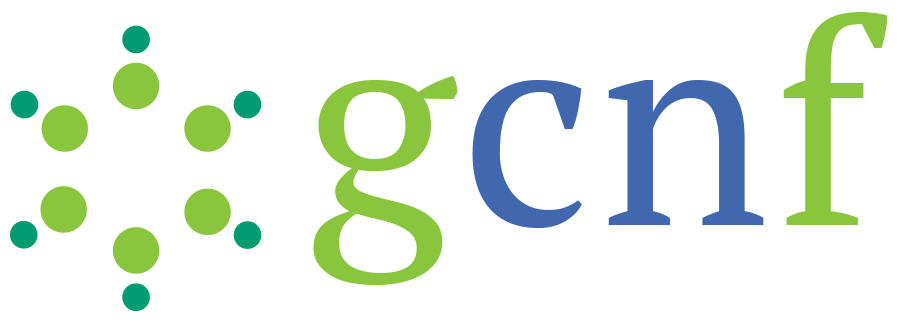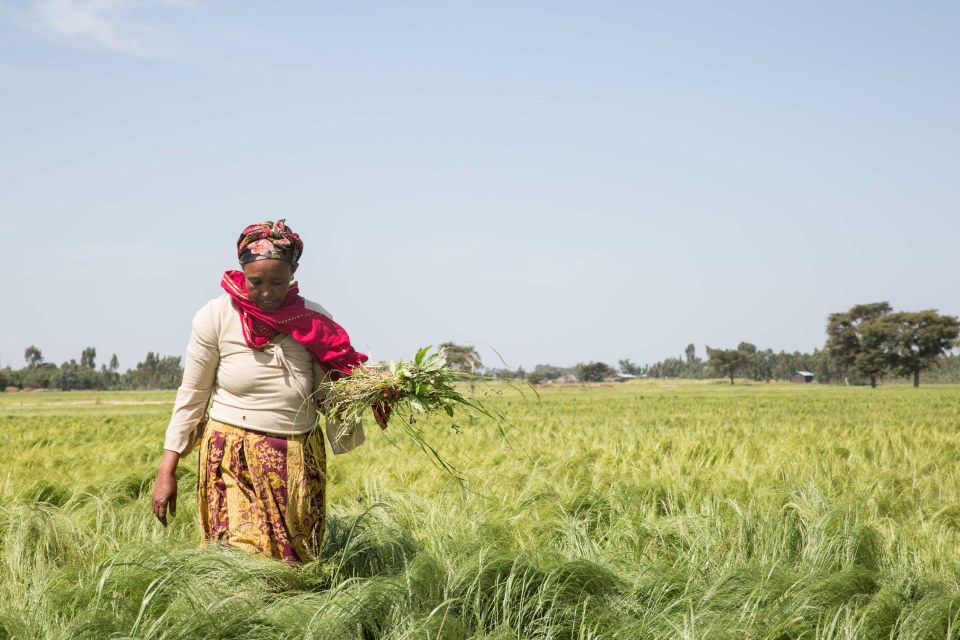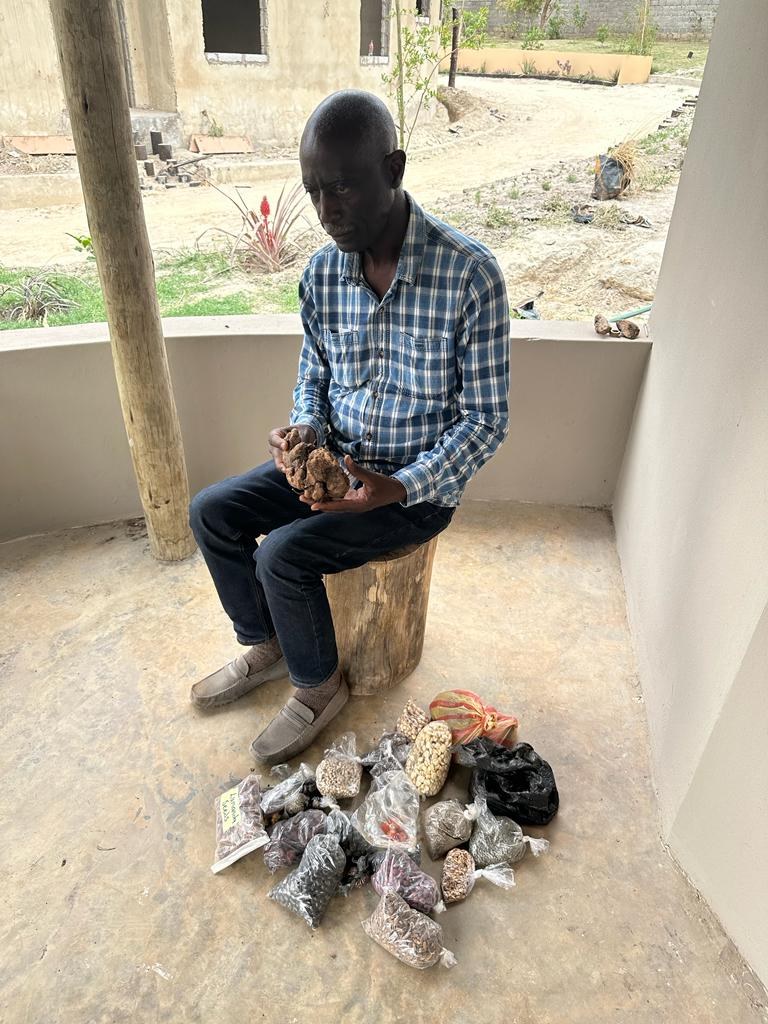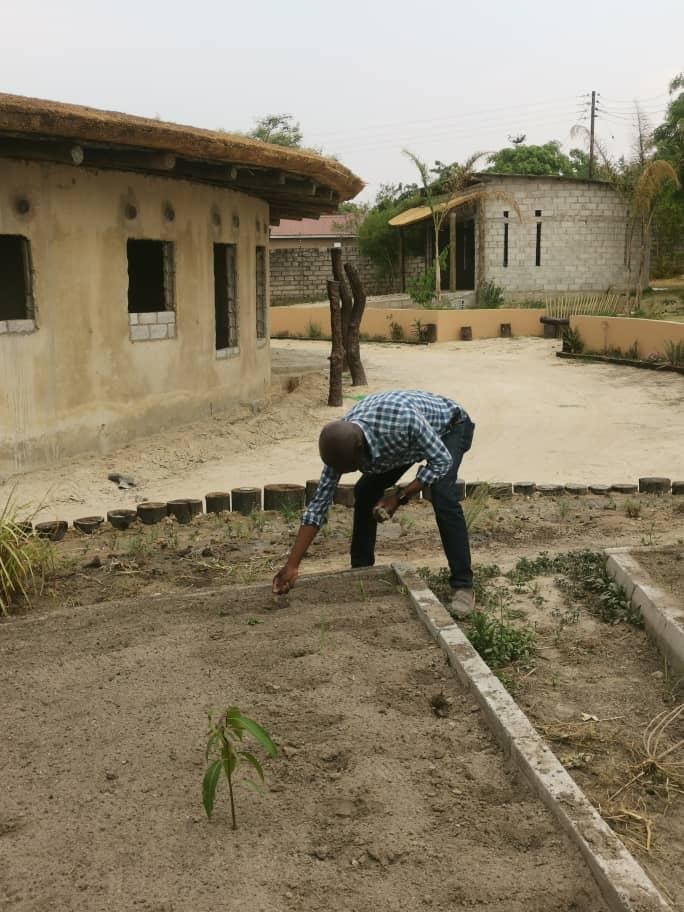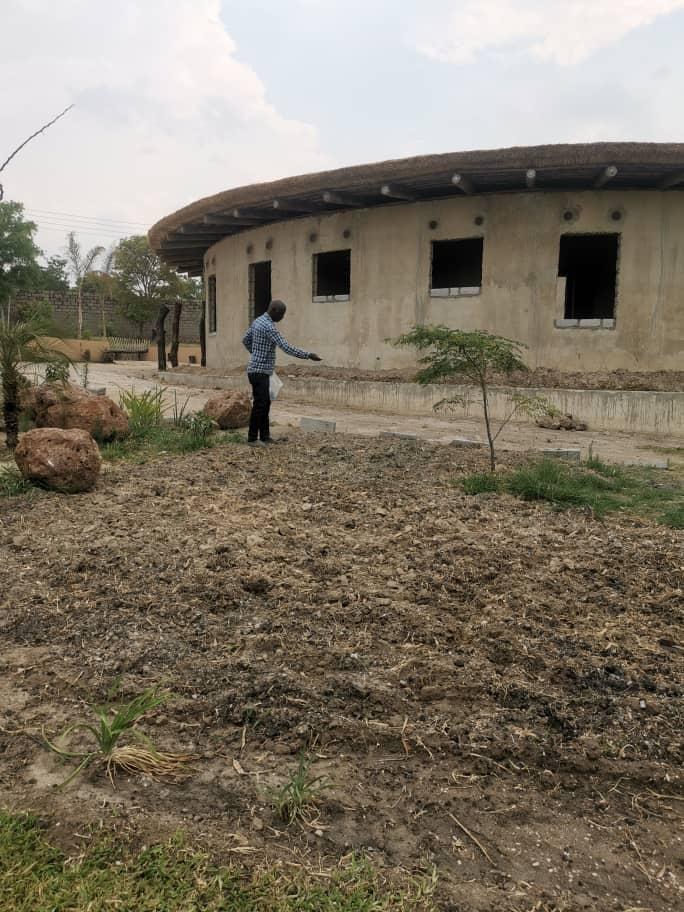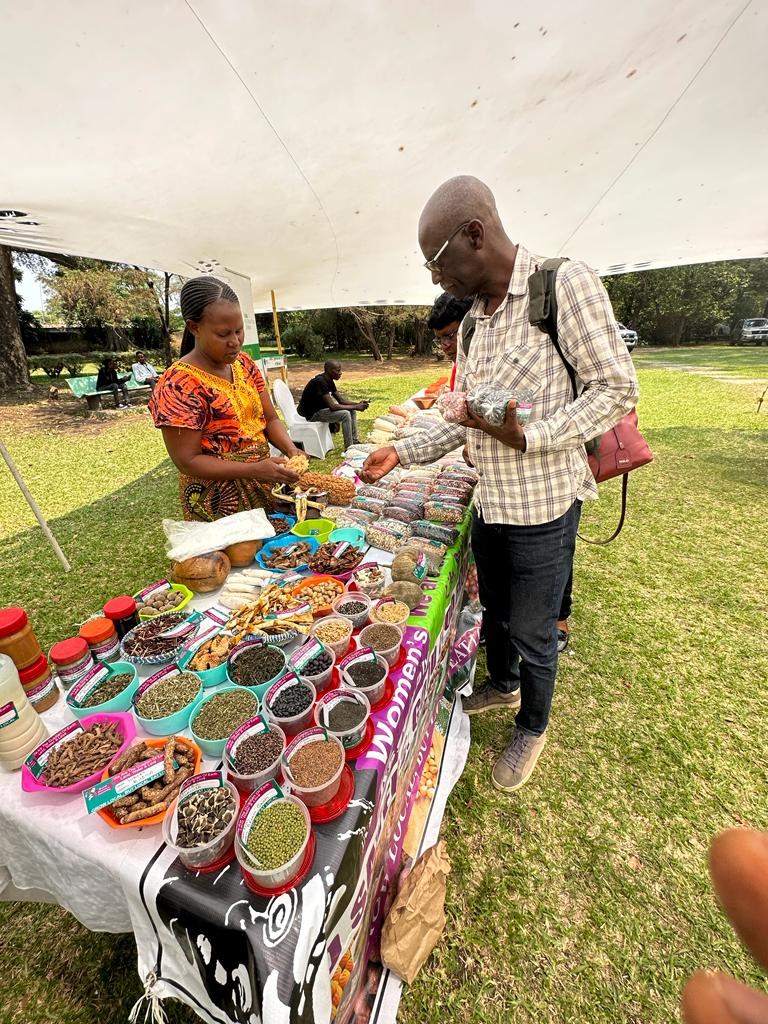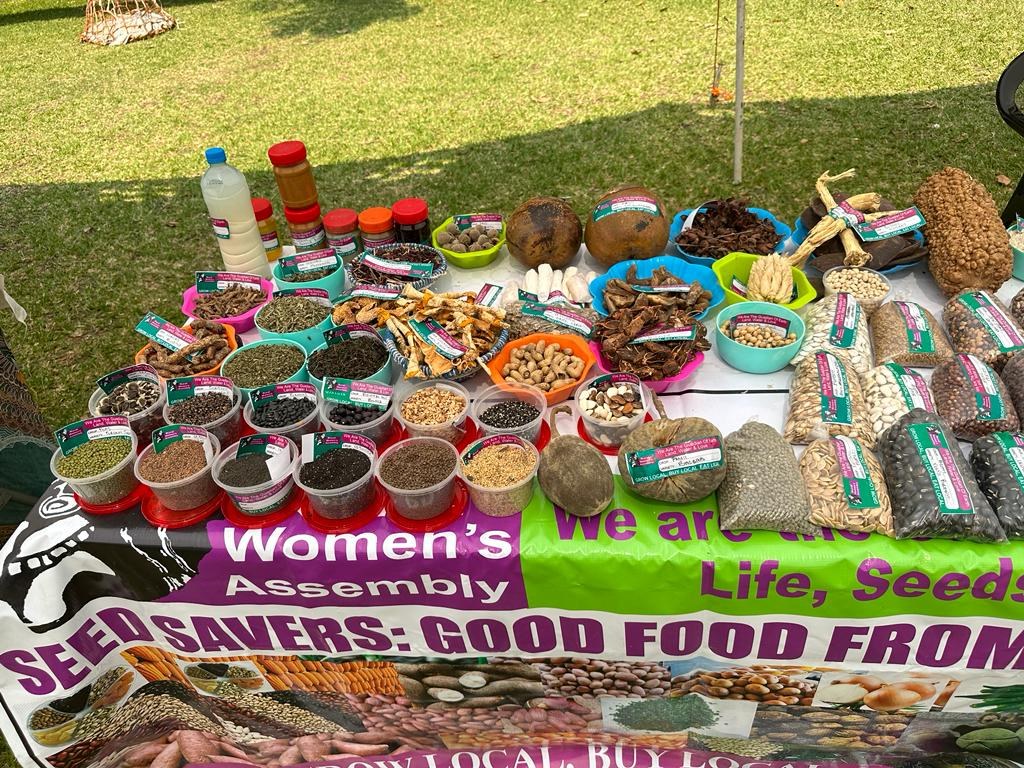COVID-19 & School Meals around the World
Children rely on schools for far more than just education. As schools around the world cancel classes among growing COVID-19 fears, students who rely on school meals are left in a vulnerable situation. With over 1.5 billion students affected by school closures (as of April 7), many countries are struggling to ensure children continue to receive a nutritious meal. In many cases, school districts, nonprofits, businesses, and community groups are finding creative ways to ensure that school meals are still accessible to those who need them the most.
What We're Hearing from Our Partners
GCNF is working closely with our partners on the ground to track the current status of school feeding program disruptions. Some highlights from our partners include:
The Global FoodBanking Network (GFN) supports food banks in over 40 countries. Food banks are community-based hunger relief organizations that provide food support to social service agencies, schools, and communities to feed people in need. Food banks in 18 countries implement feeding programs for school-age children, including school meals. During the COVID-19 crisis, GFN is providing technical assistance, sharing best practices and innovations, and offering direct grants to food banks in its network to help them continue providing services to the most vulnerable, including children and families affected by school closures.
JAM’s school feeding activities in South Africa, Angola, Mozambique and South Sudan have been suspended since early March 2020 and the children are now at home with their families. As a result, more than 550,000 children in schools and ECD centers will not receive the nutritional support that they have been benefiting from. The halt in nutrition support and learning is going to reverse most of the (little) nutritional as well as educational gains that the children have had.
These are children who already live in the contexts of extreme poverty, economic vulnerability and crisis, where children are at high risks of exploitation and abuse.
Most of the children live in fragile countries and come from families and communities that experience chronic food insecurity. For most families JAM’s school meals provide them crucial food and financial relief.
This has impacted on our work of providing a daily nutritious meal to over 500,000 children (in schools & ECD centers) and we are having to rethink and possibly restructure our school feeding modality.
Continued lockdown and closing of schools and subsequent suspension of school feeding is likely to emerge with negative effects on the health and development of children. These could include developmental effects, and behaviour problems – primarily aggression, anxiety, depression and more. Some of these children could already be dealing with the trauma of losing family members to COVID-19.
By being out of protective environments, girls are likely to drop out of school. The majority of them are currently vulnerable to sexual abuse and early pregnancy.
JAM South Africa undertook distribution of take-home rations for children immediately it was announced that ECD centres were to close. This distribution was accompanied by hand washing and sanitization training as a method of arresting the spread of the virus. JAM South Africa now has an emergency food distribution of CSB and other non-perishable food products under way.
JAM South Africa is also exploring food vouchers or cash vouchers which will contribute to the sustainability of informal trading stores, small grocery outlets and other retailers. The children are in their homes and in order to feed them, we need to provide food to their households. This distribution will include essential sanitation and hygiene products as well as COVID-19 prevention awareness and training.
In our JAM South Sudan program, we are informed that WFP is hoping to launch a revised strategy that will be tested in the coming week and were advised that WFP is considering using cashless mechanisms, including transfers to phones and to bank accounts as possible options / solutions. Digital food vouchers are another option. Families could use the vouchers to buy food directly from stores.
We are reviewing and initiating similar activities in Angola, Mozambique, Rwanda and Sierra Leone, according to availability of funds and in-country supplies.
This is a health crisis with significant implications of food security and nutrition. We need the donors to maintain focus not only on health implications, but also the impact on child nutrition and wellbeing. We are concerned about the children. Our aim is to sustain the provision of nutrition especially to school going children in a safe way. We agree with the suggestion of home-school feeding model.
How can the global school meals network support their work?
We need you to continue mobilizing and lobbying country authorities, WFP and NGOs to support and facilitate home-school feeding.
Our school meals program in Cameroon has been interrupted by COVID-19, depriving 83,790, students in French Cameroon in addition to the 22,000 who had been affected by the socio-political crisis in the North West region of the country.
In in lieu of the school meals, Nascent has taken alternative measures including the provision of take-home rations to ensure that children from poor households do not remain hungry during the school closures. We have developed a rations distribution roster to limit the number of parents who are on campus to receive food at a given time. This will ensure that parents maintain the social distancing as required by the CDC. We have heard that WFP is delivering meals to children at home in other countries, however, this is not feasible in Cameroon because of the challenging terrain and the poor state of the roads.
How can the global school meals network support their work?
It would be helpful if GCNF could advocate with organizations such as the African Union to reinforce the WHO and CDC guidelines with all the governments to ensure that the measures are applied across the continent and regions of the world to curb the spread of the virus.
We would like to start with good news – on the 1st of March, Russian President Vladimir Putin signed a law on providing all primary school students with free hot meals. According to this law, primary school students will receive free hot meals at least once a day, and the meal must contain a hot dish and a hot drink. The transition to providing free meals to all primary school students should be completed in stages starting from September 1, 2020 and ending September 1, 2023.
At the moment, the situation with school meals is different in Russia. Some regions fund school meals. For example, in Moscow, Chukotka, and the Komi Republic, all primary school students receive free school meals. In Saint Petersburg parents pay for half of their children meals. But mostly free school meals are provided to privileged categories -children from low-income and large families, as well as children with disabilities. School meals costs and student diets also differs by region. The cost of one school breakfast or lunch varies on average from $0.45 to $1.8.
With the spread of COVID-19, all Russian schools switched to distance learning until April 12 (according to current information). In this regard, in order to help families in need, it was decided to issue food packages for children who receive free school meals. At the moment, Moscow, Moscow region and other regions have already confirmed the delivery of food packages. So, in the Moscow region, 480,000 students will receive food packages, in Bashkiria – 83,000 students, in the Yaroslavl region – 39,000 students.
The food packages will be handled through the schools. Parents can pick up it from schools themselves or with the help of volunteers. In order to comply with all security measures, it is suggested to select a time interval to receive the package to avoid crossing with another family. Recipients are asked to come wearing masks, gloves and documents. Also, the start date of issuing food packages depends on the region. For example, in Moscow, food packages have already begun to be issued. In some regions, food packages will be issued later, but with compensation for the days that children spent at home and did not receive free meals. The composition of the food package varies, mainly it consist of products with a long shelf life – cereals, flour, pasta and confectionery, canned food, sugar, juice, tea, and milk. All food packages are approved by Rospotrebnadzor (Federal service for supervision of consumer rights protection and human welfare).
Partners from the private sector, like Tetra Pak, are working in collaboration with customers and stakeholders to ensure the food supply chain is maintained, and are in contact with relevant organisations and stakeholders, both locally and regionally, to share innovative solutions and best practices being used in school feeding programs (SFP) around the world.
In China, for example, Tetra Pak has been actively working with customers, Ministry of Education, Ministry of Agriculture, and the Dairy Association of China to ensure delivery of school milk and feeding continues to children at home.
To make this happen there are two methods in place where parents can pick-up the milk from the schools, and they also have “on-line orders” and “non-contact delivery” to facilitate the ordering and distribution of school milk to students´ homes. The students’ general information is submitted such as: ID, school, class, and parents´ contact number. The delivery person stores the milk in designated storage cabinets and provides a password by mobile. With the password, the cabinet can be opened and milk collected. The receiver and delivery person has no face-to-face handover.
Learn more about how Tetra Pak is supporting country governments and their partners to provide nutrition to children amid school closures.
What We're Seeing on the Ground
As the situation is evolving daily, the following links have been collected to provide a quick look at school meal impacts and responses in the early days of COVID-19 as a global pandemic. This section will be updated regularly as we learn more about how countries are responding.
- In Lesotho, the Ministry of Education will make school feeding available to all students during school closures. The MoE is cognizant of disadvantaged learners to whom one meal at school constitutes the only nutritious meal available to them.
- In Nigeria, the Ministry of Humanitarian Affairs, Disaster Management and Social Development are committed to developing a strategy on how to sustain the school feeding program during school closures without compromising social distancing policies. The Nigerian School Feeding Program was introduced in 2016 with the objective to feed over 24 million children and provide 1.14 million jobs, including community women cooks. As of 2019, the program was providing meals to over 9 million schoolchildren across 30 states and employing 101,913 cooks.
- (UPDATE) In South Africa, more than 11 million children are out of school. With one of the highest rates of HIV infections in the world, it’s key to tamp down community spread for these vulnerable populations as much as possible. The Tiger Brands Foundation is currently working with the Department of Basic Education and Department of Social Development to identify food insecure families within the 101 schools they support to provide food support.
- In South Africa’s Gauteng Province, the Minister of Education Panyaza Lesufi has announced they will begin food distribution and dignity packs for girls including masks and gloves to be provided to children who relied on the school nutrition program.
- In South Africa’s Gauteng Province, the Minister of Education Panyaza Lesufi has announced they will begin food distribution and dignity packs for girls including masks and gloves to be provided to children who relied on the school nutrition program.
- In Sierra Leone, while schools are still in session, nonprofit partners supported by the US government’s ‘Food for Education’ program, like Catholic Relief Services, have created contingency plans across their programs for students to get Take Home Rations in case of closure.
- In neighboring Liberia, the government has already made the switch to take home meals, an approach they used during Ebola alongside their neighbor Sierra Leone.
- (UPDATE) In Japan, the city government of Osaka will be the first major Japanese city to offer free school lunches to all 165,000 public elementary and junior high school students starting in April to alleviate the financial burden on households caused by the COVID-19 pandemic. The city estimates that the program will save households approximately 50 to 60 thousand yen ($US470-560) per child in a year.
- In Japan, some junior high “nutrition teachers” are using this as an opportunity to encourage pupils to cook simple but nutritious meals at home, using recipes created by an NGO that deals with nutrition in emergencies. Japan’s holistic nutrition and cooking education approach has long been admired as a model for school-based nutrition.
- In Japan, some junior high “nutrition teachers” are using this as an opportunity to encourage pupils to cook simple but nutritious meals at home, using recipes created by an NGO that deals with nutrition in emergencies. Japan’s holistic nutrition and cooking education approach has long been admired as a model for school-based nutrition.
- In China, school milk has gone high-tech and contactless. In partnership with Tetra-Laval, not only do parents place orders for milk deliveries for their children, password protected transport ‘cabinets’ are enabling suppliers and delivery workers to eliminate face to face contact as food distribution occurs.
- In Mongolia, the Ministry of Education, Culture, and Science and UNICEF conducted a rapid assessment of the nutritional status of 1,700 children in early child learning centers. They found that 26% of children were at medium to high risk of food insecurity. With the support of UNICEF, SIDA, World Vision, and Child Fund Korea, fortified flour, rice, sugar, vegetable oil, baby porridge and hygiene supplies were provided to 1,150 children from 81 early child learning centers in 5 districts. Puzzles, coloring books, and crayons were also delivered.
- The Guam Department of Education is working to provide meals during school closures. Starting March 31, The GDOE Grab-N-Go program provides no cost meals to children ages 18 and under from both public and private schools. The program utilizes a drive-thru operation and provides one meal per child to include both breakfast and lunch every weekday from 11 am to 1 pm (except for holidays and spring break during April 6-10).
- In India, states are handling the disruption in a number of ways. Kerala started delivering ingredients that were going to be used in the Mid-Day Meals Scheme to students a few weeks back, often by their teachers. However, with the government imposing a nation-wide lockdown to combat COVID-19, they are now asking states to either distribute grain, cooked food, or cash deposited into parent’s accounts to ensure children receive intended support.
- In the Northern Mariana Islands, the Child Nutrition Program (CNP) of the CNMI Public School System provided free meals including breakfast, lunch, and snack through a Grab & Go Program on the islands of Saipan, Tinian, and Rota starting March 25. Unfortunately, all meal distribution on all islands have been suspended as of April 1.
- In England, families with children eligible for free school meals will be able to claim weekly shopping vouchers while schools are closed.
- Students in Ireland are being sent home packages with fresh foods, including bread, eggs, fruit, and yogurt. However, there is concern about how parcels can be delivered safely.
- In Hungary, school meals will be delivered. Kitchens used for cooking school meals will continue to be used. Providing school meals to children is a municipal responsibility and will continue.
- The Government of Spain adopted measures to mitigate the socio-economic impacts of COVID-19. Families with children receiving school meals will be entitled to cash transfers or direct food distribution during school closures.
- The Antigua and Barbuda National School Meals Program continue to ensure the most economically vulnerable students receive meals during indefinite school closures as the nation grapples with the COVID-19 pandemic. As of March 31, care packages of dried goods and produce were prepared for distribution to select vulnerable students and their families.
- In Belize, the Ministry of Education is providing take-home food hampers for each child that rely on the national school feeding programs during the planned two-week school closures.
- In Bolivia, the Bono Familia program will compensate low-income families who will not have access to school feeding programs during quarantine. A benefit of 500 bolivianos (US$73) per primary school child will be provided in April.
- In Chile, the Ministry of Education is implementing a food delivery system to ensure that 1,600,000 children and adolescents will have access to food in the absence of school meal programs. The food baskets will include breakfast and lunch for 10 days including milk, cereal, eggs, legumes, prepared meats, tuna, rice, noodles, and fruit.
- In Colombia, the Minister of Education María Victoria Angulo, announced that children benefiting from the School Feeding Program (PAE), will continue to receive food supplies at home, for as long as schools are closed.
- (UPDATE) In Costa Rica, the Ministry of Public Education will conduct a second distribution of food packages and hygiene products to safeguard the right to food for students given school closures due to COVID-19. The second distribution will include rice, tuna, pasta, liquid or powdered milk, potatoes, carrots, chayote, onion, sweet chili and fruit. More fruits and vegetables will be included in this delivery in place of salt and oil, which were included in the first delivery.
- The MEP provides school meals to more than 850,000 students in more than 4,575 educational centers. The Costa Rican school meal program is the most comprehensive social protection program in the national territory.
- In the Dominican Republic, the Ministry of Education is ensuring that students in need continue to receive food during school closures. Parent volunteers have organized to deliver food to families.
- In El Salvador, products from the school feeding program are being used in food and supply packages being delivered to vulnerable families in an inter-ministerial effort being coordinated by the Office of the First Lady and Ministry of Local Development. The Ministry of Education is making a second delivery of 30,000 liters of milk.
- The Jamaica Ministry of Education, Youth and Information will be providing nutrition support through Nutrition Products Limited to students on the Programme of Advancement through Health and Education (PATH) during school closures. The Ministry is aware of the nutritional needs of the most vulnerable and will be providing prepared snacks including baked products, fruit juices, milk, and water for primary and secondary school students. The Ministry is also collaborating with selected food suppliers, supermarkets, and other major areas to distribute food packages.
- In Panama, the Ministry of Education is transferring school meal commodities to the Ministry of Agricultural Development to support the distribution of food bags for the Panama Solidarity Campaign in an effort to support vulnerable households during COVID-19.
- In the Republic of Trinidad and Tobago, the Ministry of Social Development and Family Services will provide Food Support to families with children registered to receive meals under the School Feeding Program. Food cards will be made available to facilitate purchases at supermarkets. For those already in possession of Food Cards, the value of these cards will be increased by a minimum of $150.00. Information from the MOE will facilitate accessing this service.
- In Costa Rica, the Ministry of Public Education will deliver food packages to families with children who receive school meals. Minister Guiselle Cruz Maduro considers food a human right and is seeking solutions to meet the needs of the more than 850,000 students the school meal program serves.
- Save the Children reported that Guatemala is also transitioning to take-home rations within their Food for Education school meal program.
- In Iraq, education scouts distribute food baskets to poor and vulnerable families in various areas while classes are being broadcast online.
- In Israel, the Ministry of Education and the Ministry of Social Welfare will be distributing 40,000 meals to provide students and their families nutrition security while required to stay home.
- In Canada, the Breakfast Club of Canada has created an emergency fund to support community organizations that are providing services and meals to children and their families, applying processes and resources both in accordance with safety concerns, and where it is most needed.
Partner Resources
The following resources have been collected to support country governments and their partners as they address school feeding disruptions due to school closures. Do you have COVID-19 response resources to share with the global school meals network? Let us know at info@gcnf.org
Guides and Recommendations- Global
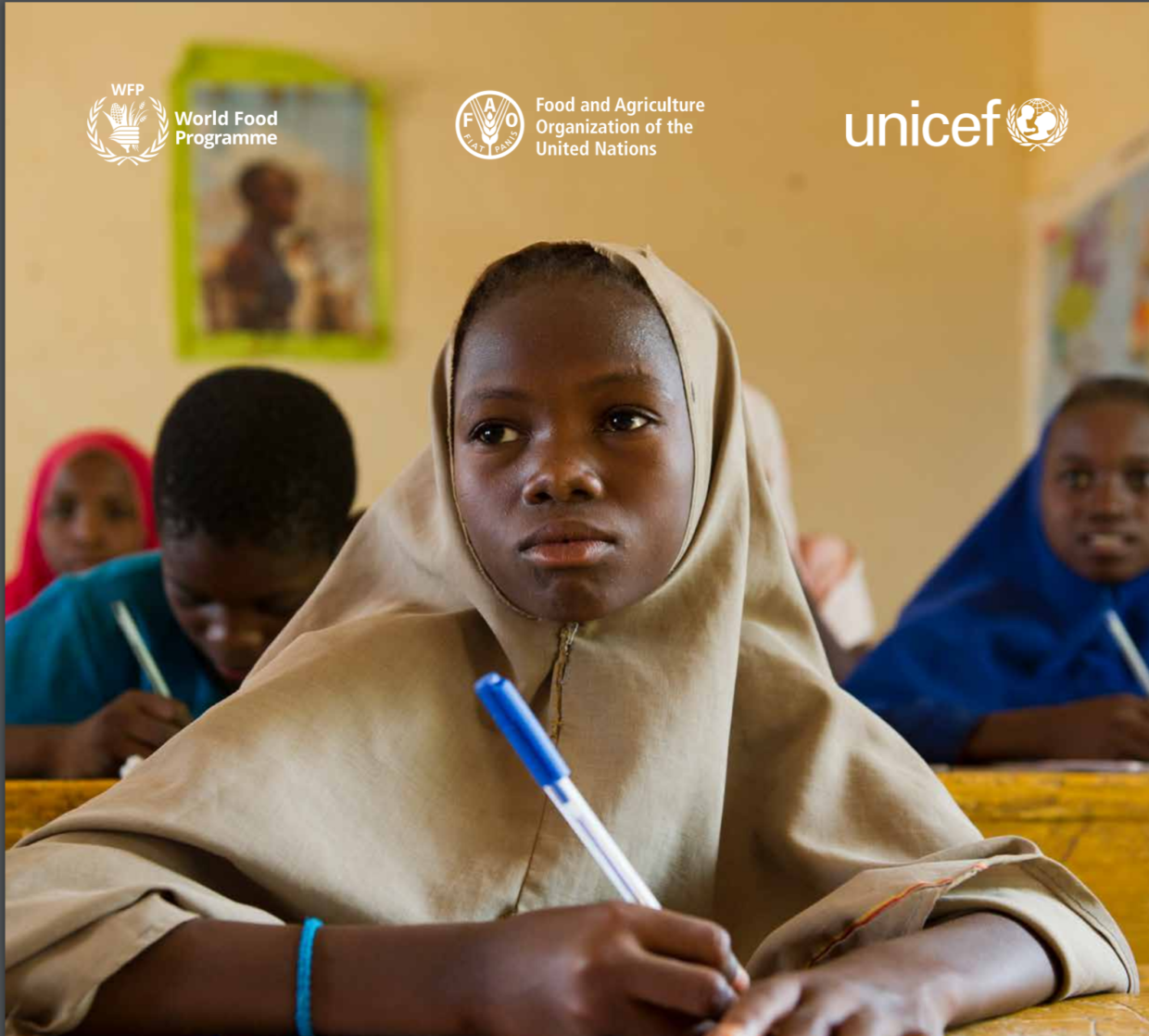
WFP/FAO/UNICEF: Mitigating the effects of the COVID-19 pandemic on food and nutrition of schoolchildren
This joint note from the World Food Programme (WFP), the Food and Agriculture Organization of the United Nations (FAO) and the United Nations’ Children Fund (UNICEF) intends to provide government decision makers, school administrators/staff and partners with preliminary guidance on how to support, transform or adapt school feeding (in the short term) to help safeguard schoolchildren’s food security and nutrition during the COVID-19 pandemic.

World Health Organization Coronavirus Resources
Latest news and resources from the World Health Organization. Country governments should take special note of the "Country & Technical Guidance" section that includes many guides for governments responding to the pandemic, organized by topic.

UNICEF: Key messages and actions for coronavirus disease (COVID-19) prevention and control in schools
Guidance from UNICEF, the World Health Organization and the International Federation of Red Cross and Red Crescent Societies intended to provide clear and actionable guidance for safe operations through the prevention, early detection and control of COVID-19 in schools and other educational facilities. The guidance, while specific to countries that have already confirmed the transmission of COVID-19, is relevant in all other contexts.

UNSCN: The COVID-19 pandemic is disrupting people’s food environments: a resource list on Food Systems and Nutrition responses
Contributing to the coronavirus pandemic response, the UNSCN has compiled a list of available resources and key readings with a focus on nutrition and food systems. This list will be continually updated and expanded as more resources become available.
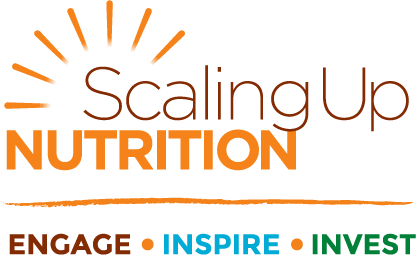
SUN: COVID-19 and Nutrition Resources
This knowledge hub aims to be a resource for all members of the SUN Movement to get informed about COVID-19 developments, at large. It also sheds light on important links between COVID-19 and nutrition, hunger, health and food systems – by bringing together important updates, guidance, articles and opinion pieces, in its initial stage.

The World Bank Group and COVID-19 (Coronavirus)
A collection of resources and news from the World Bank Group outlining how they are coordinating with partners to accelerate the international response and support countries to manage the global pandemic.

GPE and the COVID-19 pandemic
As COVID-19 closes schools around the world, GPE is supporting partner countries to deal with the disruptions to education systems leaving millions of children out of school.
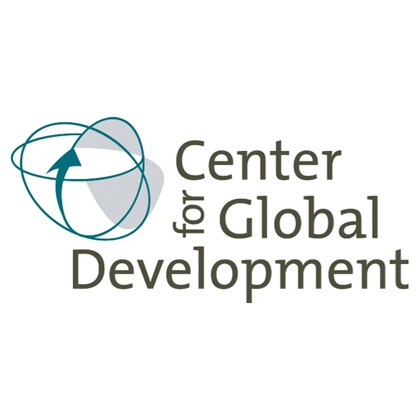
CDG's Open-Access Database on Educational Responses to COVID-19
Created to track school meal policies for each country, outlining the range of innovative national and local policy solutions implemented by countries facing COVID-19
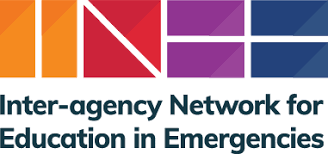
Inter-agency Network for Education in Emergencies (INEE) COVID-19 Education Resources
A collection of resources to support the provision of education in places affected by COVID-19, with particular focus on distance learning, alternative education, e-learning, and psychosocial support.
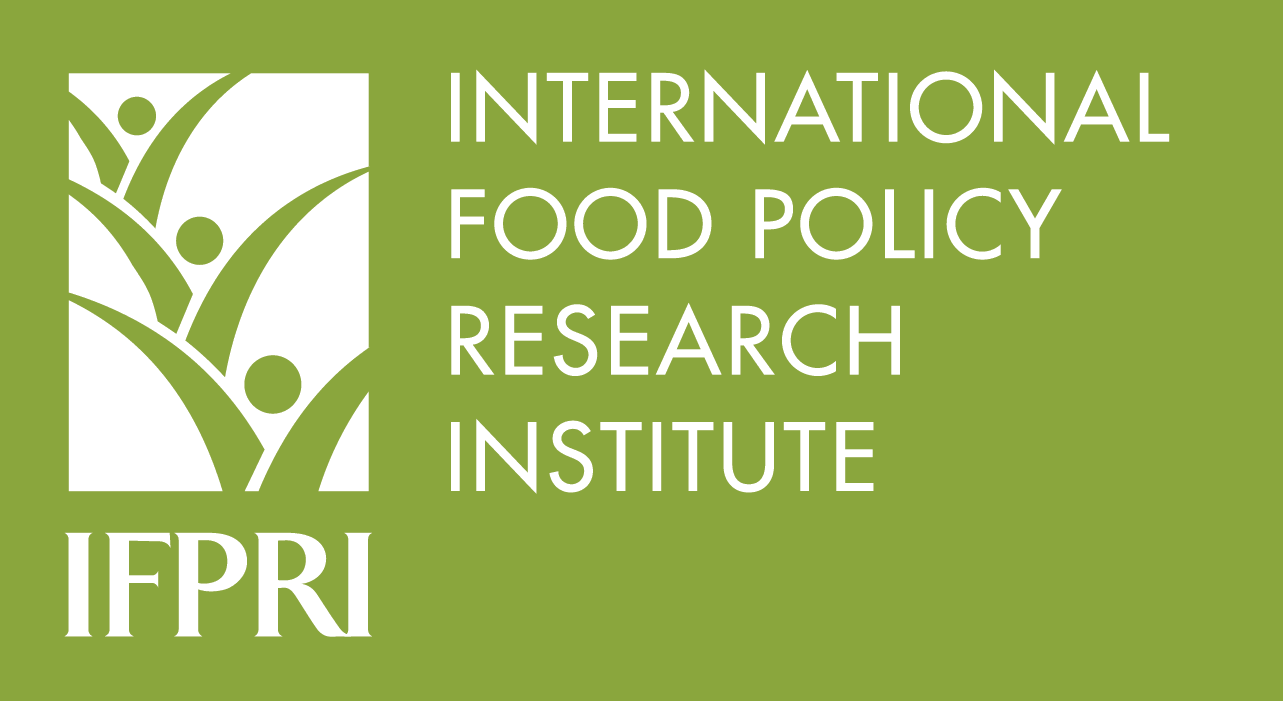
IFPRI Resources and Analyses on COVID-19
IFPRI Guidelines in Response to the Spread of COVID-19
Guides and Recommendations- National
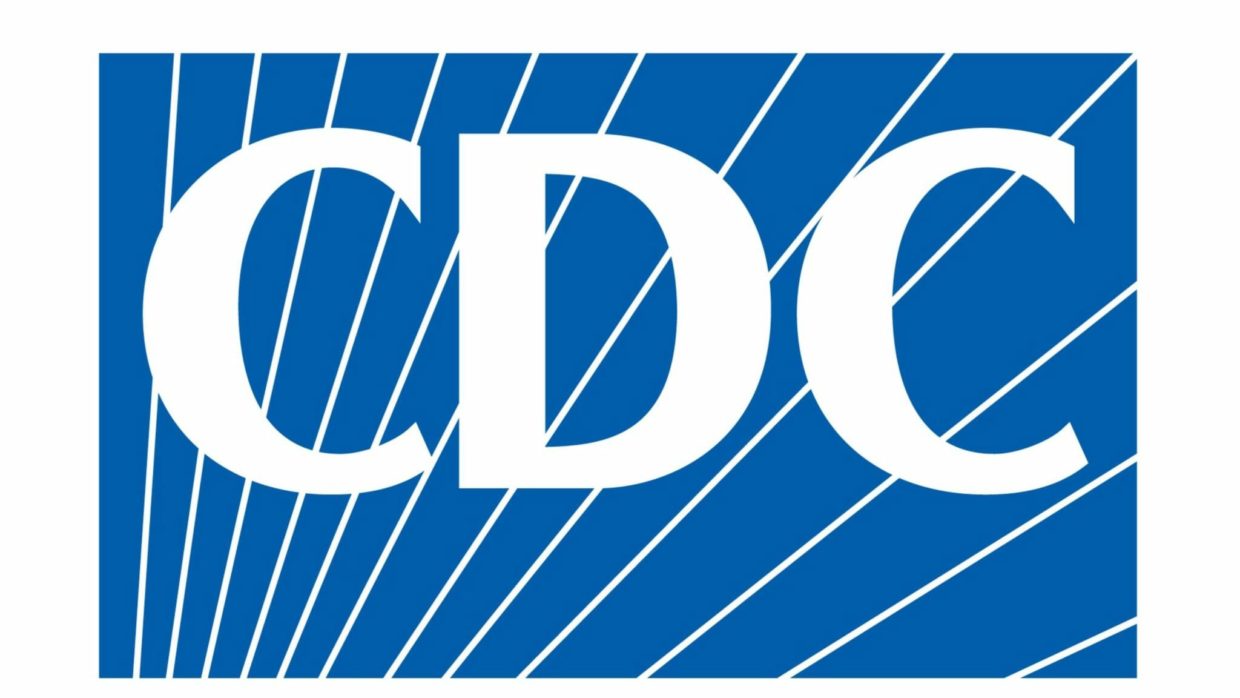
US CDC Guidance for Schools and Childcare Programs
Specific guidance for schools and programs that includes school closure decision tree.

US CDC Considerations for School Closure
Recommendations on school closure based on available science, reports from other countries, and consultation with school health experts.

UK Department for Education Free School Meals Guidance
Guidance for schools and local authorities on free school meals arrangements during the novel coronavirus (COVID-19) outbreak.
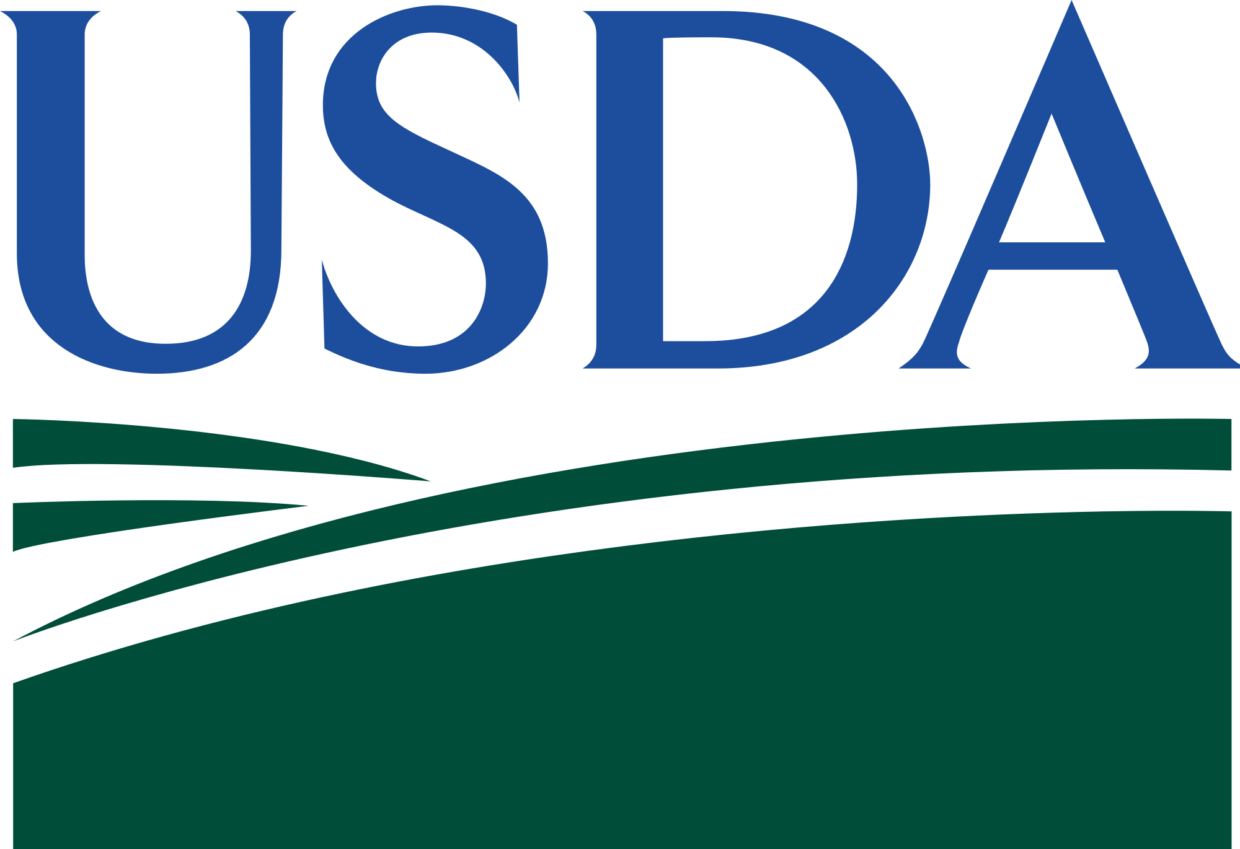
USDA FNS Actions to Respond to COVID-19
More information about how USDA intends to use all available program flexibilities and contingencies to serve program participants across 15 nutrition programs.

National Farm to School Network (US)
The US-based National Farm to School Network is compiling resources related to COVID-19 that will be relevant to the farm to school and farm to early care and education community.

No Kid Hungry Responds
Information and resources for schools based in the United States.
News, Blogs, and Other Resources

World Bank Group Increases COVID-19 Response to $14 Billion to Help Sustain Economies, Protect Jobs
Focus on private sector and workers spearheaded by IFC to mitigate financial and economic impact of crisis.

With Schools Closed, Hundreds of Millions of Children Are Not Receiving School Meals
Written by: Artur Borkowski, Susannah Hares, and Ana Luiza Minardi

How to Minimize the Impact of Coronavirus on Food Security
Avoiding protectionism, monitoring prices and supporting the vulnerable through social safety nets can limit the impact of the outbreak
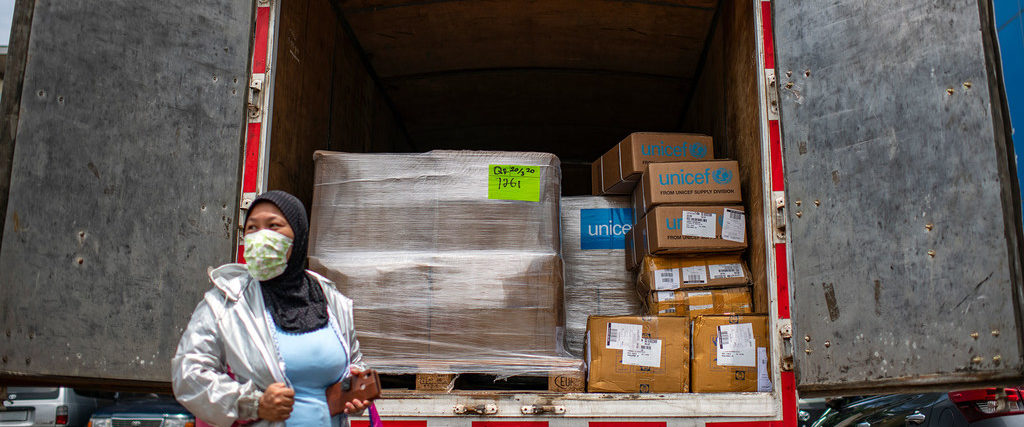
UN launches global humanitarian response plan to COVID-19 pandemic
UN launches USD2 billion global humanitarian response to fight COVID-19 in 51 countries across South America, Africa, the Middle East and Asia
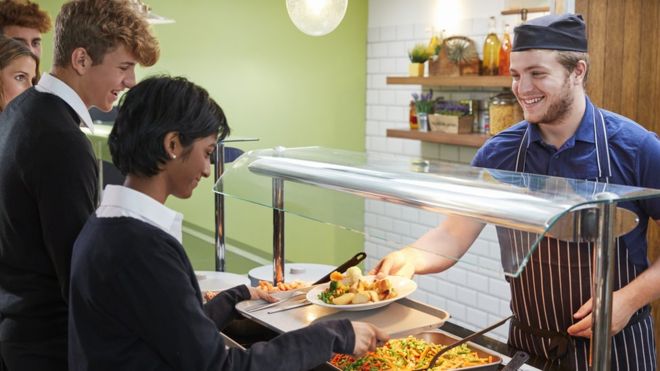
Coronavirus: Schools and charities working to keep children fed
Written by Daniel Wainwright & Rob England, BBC News
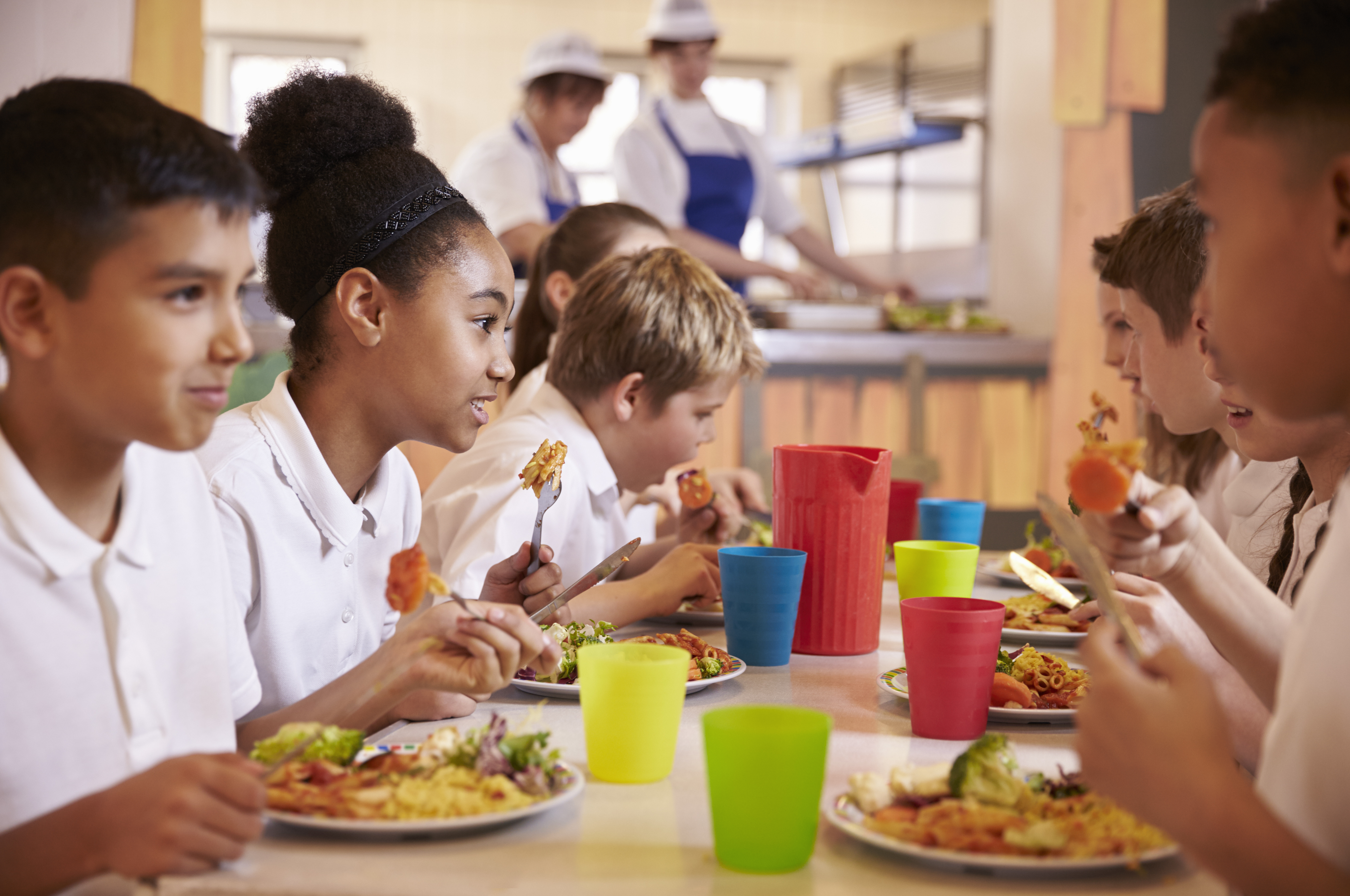
Coronavirus: school closures mean an increased risk of hunger for families around the world
Written by Lana Whittaker, Postdoctoral Research Associate, Liverpool School of Tropical Medicine
Do you have COVID-19 response resources to share with the global school meals network?
Let us know at info@gcnf.org.
Are you a business, NGO, or community organization working to support disrupted school meal programs?
We want to hear from you too!
GCNF knows that partners are key to ensuring school meal programs are strong and durable, especially during times of crisis. If your organization is actively supporting school meal programs, we’d welcome a conversation to learn about what you’re doing and how we can support. If your organization is looking for opportunities to support school meal programs, we’d like to connect you with our partners working on the ground.
Please contact us (info@gcnf.org) for more information and to share about your work.
